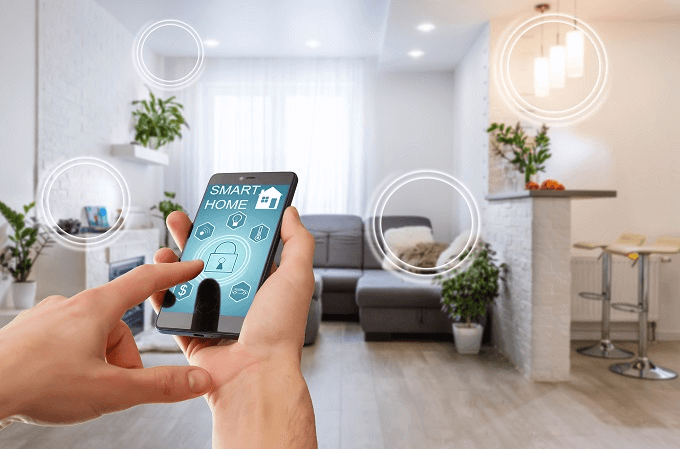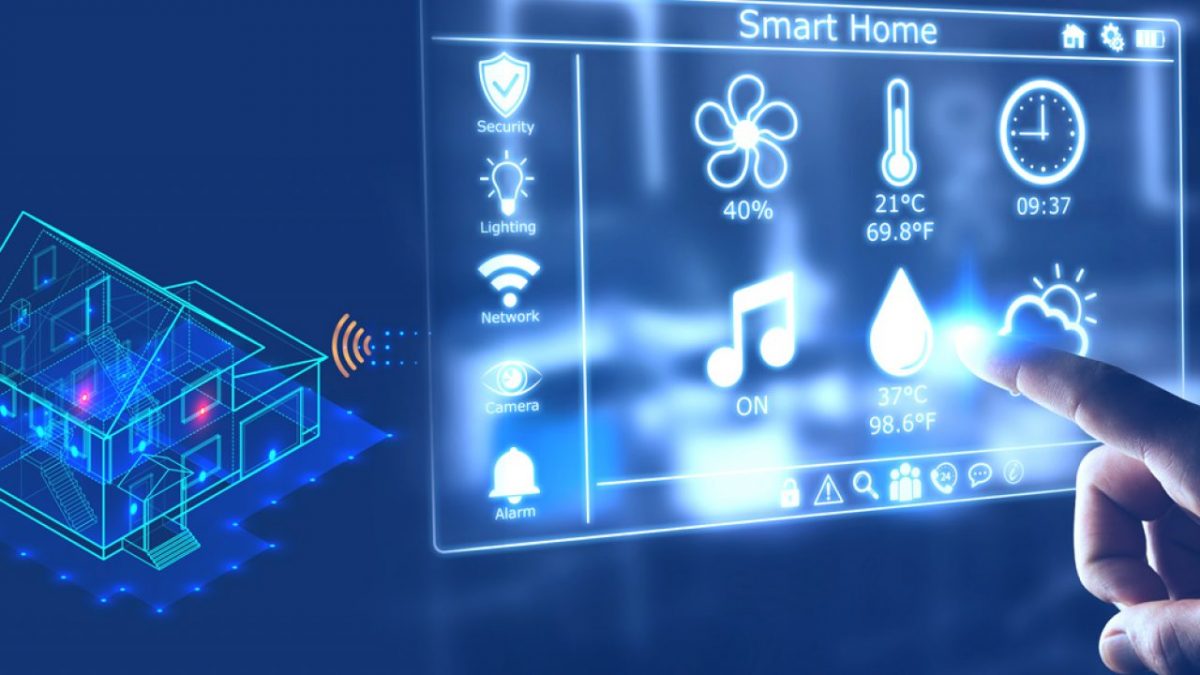The future is now, and it's bringing a wave of innovation that's set to redefine our living spaces. As we delve into AI smart home trends 2025, it's clear that the integration of artificial intelligence into home technology will transform not only how we interact with our homes but also how we think about them. This journey into the future of living spaces is not just about convenience; it's about creating a home that anticipates your needs, enhances your lifestyle, and even saves you money.
For homeowners and businesses alike, understanding the potential of these trends is crucial. With AI at the helm, smart homes are not only getting smarter but also more personalized. The ability to tailor environments based on individual preferences is just the beginning. Let's explore how these advancements will reshape our homes.

Personalized Living with AI
Imagine walking into your home after a long day and being greeted by your favorite playlist softly playing in the background, lights adjusted to the perfect hue, and the thermostat set just right. This isn't a scene from a sci-fi movie; it's the reality that AI smart home trends 2025 promise. Personalization is a key driver of these trends, with AI systems learning and adapting to the habits and preferences of the household.
Smart homes are evolving to become intuitive, understanding who is at home and adjusting the environment accordingly. For businesses, this means creating environments that enhance productivity and well-being. For homeowners, it transforms the living space into a haven that feels truly personal.
Energy Efficiency and Cost Savings
One of the most significant trends in AI smart homes is the focus on energy efficiency. Smart thermostats, lighting systems, and appliances are designed to optimize energy usage, reducing waste and lowering utility bills. AI systems analyze usage patterns and suggest energy-saving measures, making it easier than ever to maintain an eco-friendly home.
As highlighted in our article on AI and predictive maintenance in homes, predictive maintenance is another area where AI is making a significant impact. By predicting when appliances are likely to fail, these systems can schedule maintenance before a breakdown occurs, saving time and money.
Enhanced Security Features
Security is a top priority for any homeowner or business. The integration of AI in security systems enhances their efficacy, providing real-time alerts, facial recognition, and even predictive analytics to anticipate potential security breaches. As discussed in how safe is AI in smart homes, these systems are designed to offer peace of mind, whether you're at home or away.
AI-powered cameras and sensors can differentiate between normal activity and potential threats, ensuring that you and your loved ones are always protected. Businesses can benefit from these technologies by safeguarding valuable assets and ensuring a safe environment for employees.
Convenience and Connectivity
In the age of smart homes, convenience is king. AI-driven systems allow for seamless connectivity between devices, creating an integrated ecosystem that can be controlled with a simple voice command or a tap on your smartphone. Imagine being able to control every aspect of your home from anywhere in the world, ensuring that everything is just how you like it when you return.
For those interested in setting up a smart home, our smart home devices setup guide provides a comprehensive checklist to get you started. From smart speakers to automated lighting, the possibilities are endless.
AI in Home Health and Wellness
The role of AI in home health and wellness is expanding rapidly. Smart home systems can monitor air quality, detect allergens, and even remind you to take your medication. With the increasing focus on health, these systems are becoming an integral part of maintaining a healthy lifestyle at home.
For more insights, check out our article on AI in elderly care smart homes, which explores how AI can assist in monitoring the health and well-being of older adults, offering peace of mind to families and caregivers alike.

FAQ Section
What are the benefits of AI in smart homes?
AI in smart homes offers numerous benefits, including increased convenience, energy efficiency, enhanced security, and personalized living experiences. It allows for seamless integration of devices, making it easy to manage your home environment.
How does AI improve energy efficiency in smart homes?
AI improves energy efficiency by analyzing usage patterns and optimizing the operation of smart appliances and systems. It can suggest energy-saving measures and automate adjustments to reduce waste and lower utility costs.
Are AI-powered security systems reliable?
Yes, AI-powered security systems are highly reliable. They offer real-time monitoring, facial recognition, and predictive analytics to enhance security measures and provide peace of mind to homeowners and businesses.

